
Understanding Dictatorship
To comprehend dictators, we must first grasp the concept of dictatorship. A dictatorship is a form of government in which a single individual or a small group of individuals holds absolute power and authority. Unlike democracies, where leaders are elected by the people, dictators often seize power through force, manipulation, or subversion of the existing political system.
Dictators can ascend to power through various means. Some, like Adolf Hitler in Germany, gained power through electoral victories, only to consolidate their authority once in office. Others, like Joseph Stalin in the Soviet Union, took advantage of internal political turmoil and cunning maneuvering within existing power structures. A few, like Kim Jong-un in North Korea, inherit their positions from family members, establishing dynastic rule.
Dictators employ a range of strategies to maintain their grip on power. These may include censorship of the media, suppression of dissent, and the creation of a cult of personality. State-sponsored violence and surveillance are often used to keep the population in check. Secret police forces, such as the Gestapo in Nazi Germany or the KGB in the Soviet Union, are notorious examples of the lengths to which dictators go to stifle opposition.

Joseph Stalin
The Soviet Autocrat Joseph Stalin, the leader of the Soviet Union from the mid-1920s until his death in 1953, was responsible for the deaths of millions through purges, forced labor camps, and man-made famines. His iron-fisted rule transformed the Soviet Union into a superpower but at an enormous human cost. Stalin’s regime left a legacy of fear and mistrust that would persist for generations.

Pol Pot
The Khmer Rouge Genocidal Leader Pol Pot’s Khmer Rouge regime in Cambodia, from 1975 to 1979, resulted in one of the most brutal genocides in history. Under Pol Pot’s rule, an estimated two million Cambodians (nearly a quarter of the population) were killed due to executions, forced labor, and mass starvation. The Killing Fields of Cambodia stand as a stark reminder of the horrors of his dictatorship.
Bashar al-Assad
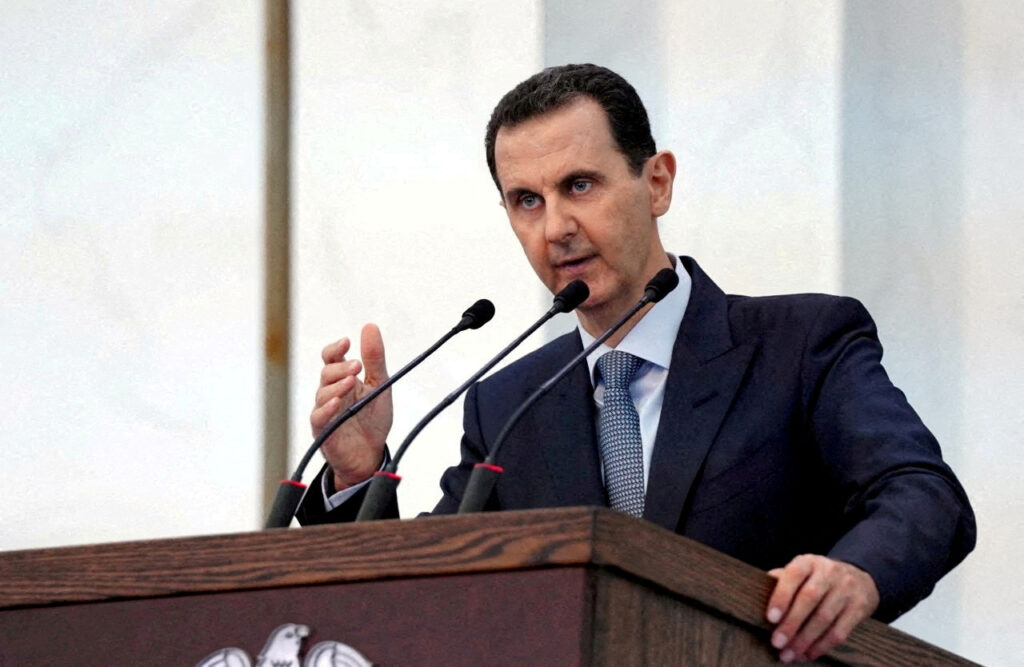
The Syrian Strongman Bashar al-Assad assumed power in Syria in 2000, following the death of his father. His regime has been marred by brutal crackdowns on dissent, the use of chemical weapons, and the displacement of millions in the Syrian civil war. The conflict in Syria has resulted in immense suffering and instability in the Middle East.
The Rise and Fall of Dictators: A Historical Analysis
Throughout history, dictators have left an indelible mark on the world. The term “dictator” conjures images of authoritarian rule, oppression, and the trampling of human rights. This informative blog will delve into the concept of dictators, examining their rise to power, their methods of control, and the consequences of their rule. By exploring a variety of historical examples, we’ll gain a better understanding of the complex and often dark world of dictators.
The Dark Pages of History
The 20th century was particularly tumultuous, witnessing the rise of some of the most infamous dictators in history. These dictators left behind a trail of devastation, and their actions reverberate to this day.
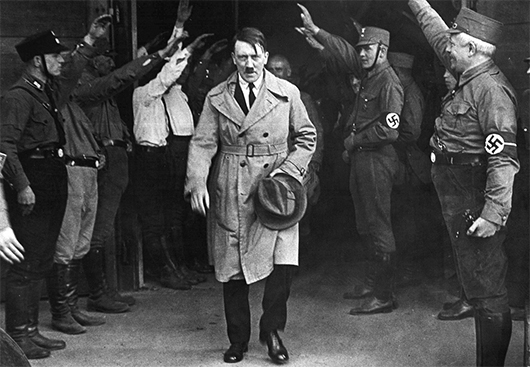

Adolf Hitler
The Architect of the Holocaust Perhaps the most notorious dictator in history, Adolf Hitler rose to power in Germany in the 1930s. His National Socialist German Workers’ Party, or the Nazi Party, promoted an ideology of Aryan supremacy and anti-Semitism. Hitler’s rule culminated in the Holocaust, a systematic genocide that claimed the lives of six million Jews and millions of others. World War II, triggered by Hitler’s expansionist ambitions, caused untold suffering and destruction.
Dictators in the Modern World
Dictatorships have not been consigned to the annals of history; they persist in various forms around the world. Some of the contemporary examples include:
Kim Jong-un
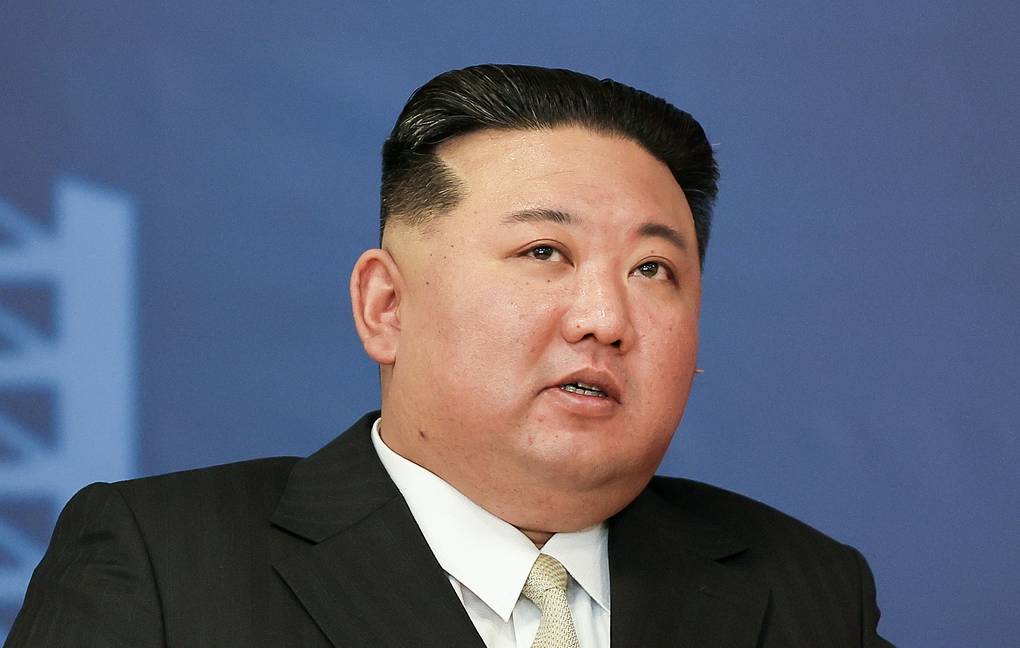
The Hereditary Dictator Kim Jong-un, the current leader of North Korea, inherited his position from his father and grandfather, maintaining a dynastic rule. The Kim regime is notorious for its extreme isolation, widespread human rights abuses, and a personality cult that has elevated the leader to near-deity status. The North Korean people live under strict government control, with limited access to information from the outside world.
The Consequences of Dictatorship
The consequences of dictatorship are far-reaching and often devastating. Some of the key repercussions include:
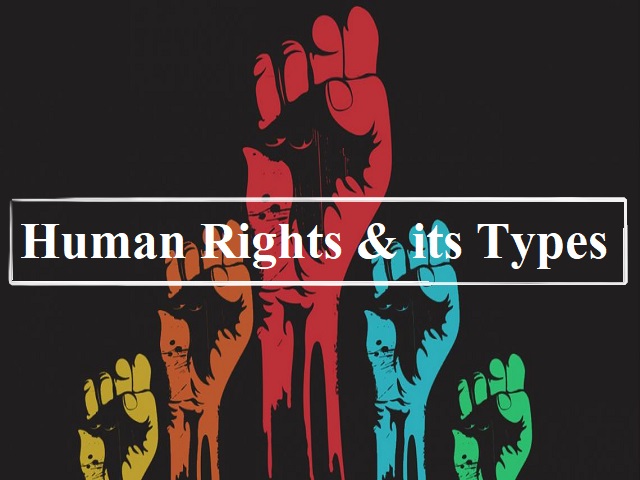
Loss of Human Rights
Loss of Human Rights Under dictatorial rule, basic human rights are frequently violated. Freedoms of speech, assembly, and expression are curtailed, leading to the suppression of dissenting voices. Citizens are often subjected to surveillance and censorship, living in constant fear of retribution.
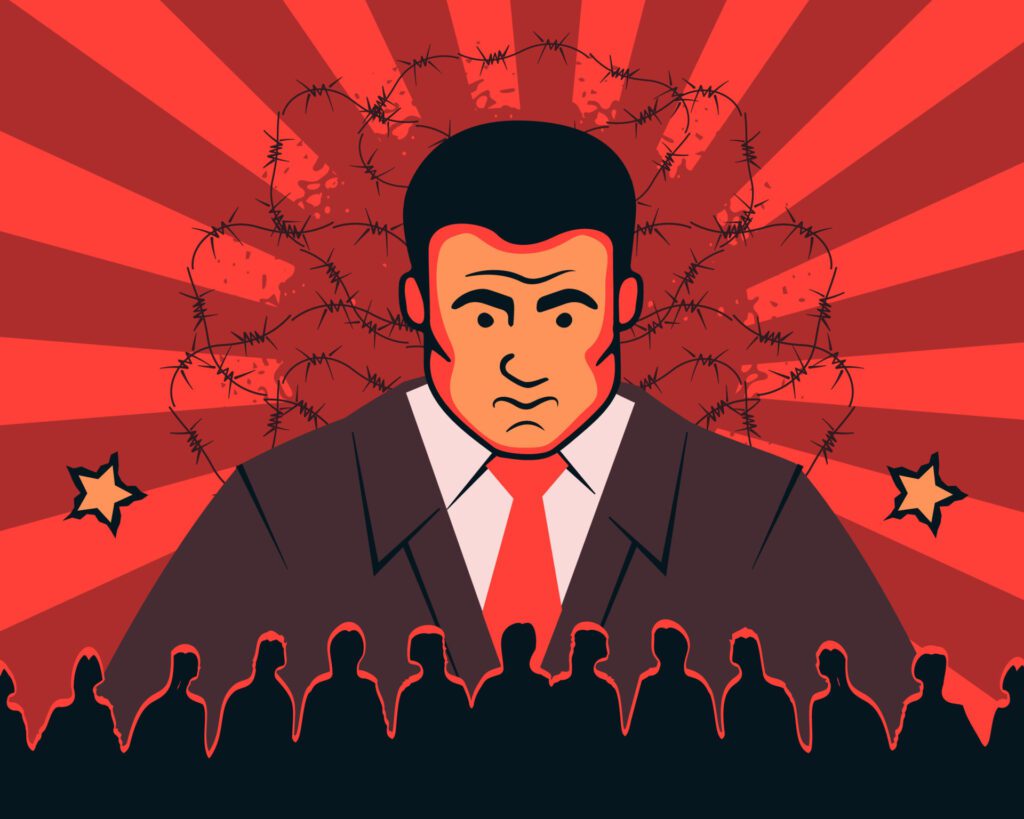
Social Disintegration
Social Disintegration Dictatorships can create social divisions, mistrust, and a culture of fear. People are often pitted against each other, and ethnic or political tensions can be exacerbated. In some cases, such as under Pol Pot’s regime, social disintegration reaches catastrophic levels.
The Quest for Democracy
Despite the enduring presence of dictatorial regimes, the desire for democracy remains strong among people around the world. Movements for change, often driven by brave individuals and grassroots organizations, continue to challenge dictators and authoritarian systems.
The Arab Spring The Arab Spring, which began in 2010, saw a series of uprisings across the Middle East and North Africa with the goal of establishing democratic governments. While the outcomes have been mixed, it demonstrated the yearning for greater political freedoms.
The Power of Civil Society Civil society organizations, including human rights groups, advocacy organizations, and independent media, play a critical role in exposing and resisting dictatorial rule. They provide a platform for dissenting voices and hold dictators accountable for their actions.

Economic Impact Of Dictatorships
Economic Impact Dictatorships can have a profound impact on a country’s economic development. Mismanagement, corruption, and the concentration of power in the hands of a few can hinder economic growth and lead to widespread poverty. Crony capitalism and embezzlement of state resources are not uncommon.
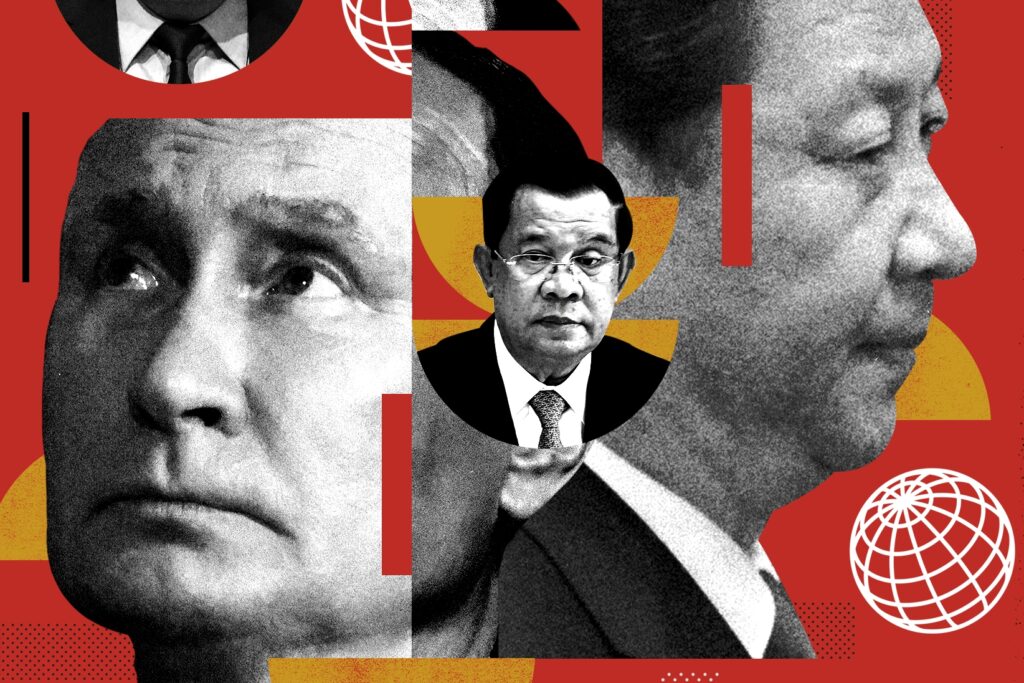
International Relations
International Relations Dictatorships can lead to strained international relations. Conflicts, arms races, and human rights abuses in these countries often draw condemnation and sanctions from the international community. Additionally, they can contribute to regional instability and conflicts.
Dictators have left a dark and enduring mark on history, but they have not extinguished the flame of freedom and democracy. By studying the rise and fall of dictators and their consequences, we gain a deeper understanding of the importance of safeguarding democratic institutions and human rights. The quest for a more just and equitable world continues, and it is a testament to the resilience of the human spirit.
